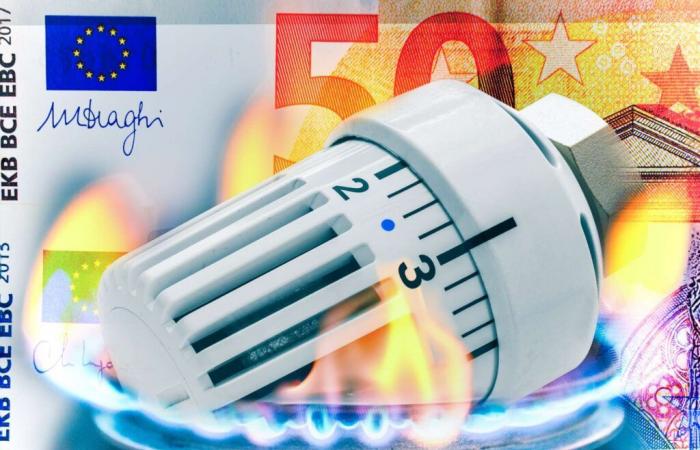The efficient management of domestic heating has become a major issue in the fight against climate changeclimate change and control of energy consumption. The French government has taken concrete measures to encourage the adoption of more efficient technologies. However, the recent announcement of the suspension of financial assistance raises questions about the future of this initiative and its consequences for households.
The new regulations on programmable thermostats
The Attal government has introduced an obligation to equip all French homes with programmable heating regulation devices. This measure, which must come into force on 1is January 2027, aims to optimize the energy consumptionenergy consumption households.
Decree No. 2023-444, published in the Official Journal on June 7, 2023, specifies the technical criteria for these devices:
This initiative is part of a broader strategy of energy sobrietyenergy sobrietyrecently reaffirmed by the government. The objective is to enable households to better manage their energy consumption.energyenergy and, thus, reduce their heating bill.
Financial assistance: a temporary boost
To support this transition, the government put in place financial assistance in December 2023 for the installation of thermostats. This system, particularly welcome in a context of inflation, aimed to support the purchasing power of the French while encouraging them to equip themselves.
The terms of this aid were as follows:
| Criteria | Amount of aid |
| Housing size | Between 260 and 624 euros |
| Heating type | Variable depending on the system |
The scheme could cover up to 80% of the total cost of the installation, thus representing a significant financial incentive for households.
Suspension of aid: the reasons given
Despite its apparent usefulness, aid for the installation of thermostats will be eliminated before the end of 2024, well before the planned deadline of December 31. This decision, announced by the Minister of Energy Olga Givernet, is explained by the detection of massive fraud in the use of the device.
Faced with this situation, the government has chosen to:
- temporarily suspend financial assistance;
- strengthen controls on existing installations;
- consider a possible reinstatement of the device after revision.
This decision raises concerns about achieving the energy sobriety objectives set by the government. In fact, many households have not yet been able to benefit from this assistance to equip themselves with efficient programmable thermostats.
Reactions and perspectives for the future
The suspension of financial aid sparked strong reactions in the construction sector. Five major organizations in the electrical sector and technical building management (ACR, Coédis, FFIE, Ignes and UFE) have called on the executive to maintain this aid.
These professional federations underline the importance of maintaining a strong incentive for equipment to achieve energy efficiency objectives. They fear that the removal of aid will considerably slow down the pace of installation of programmable thermostats, thus compromising the country's environmental ambitions.
The future of this measure remains uncertain. The government will need to strike a balance between combating fraud and maintaining effective incentives to encourage the adoption of energy-efficient technologies. The success of this energy transition will depend on the ability to put in place suitable and controlled support systems, while raising household awareness of the importance of intelligent heating management.






